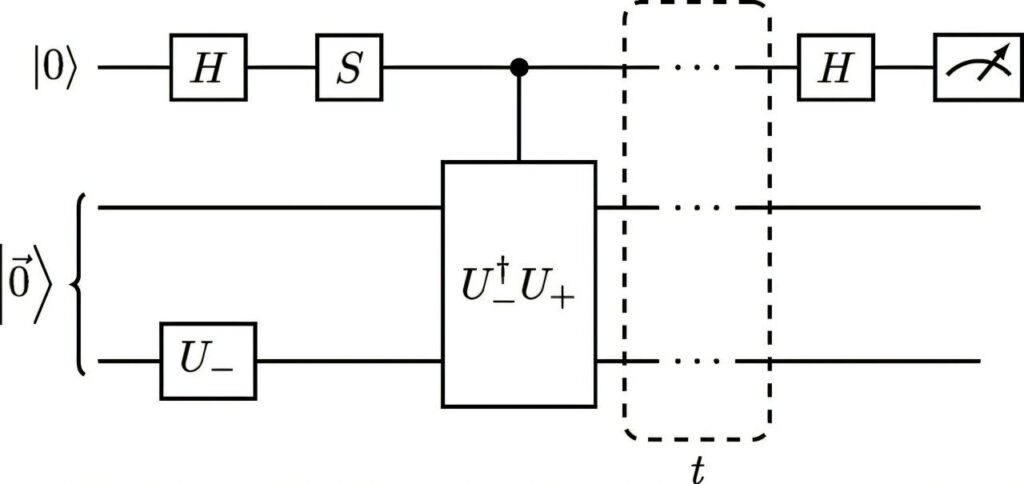A Collaboration Between Nordita, KTH, and Google Quantum AI Explores How Gravitational Fields Influence Quantum Computing Hardware, Laying the Foundation for Advances in Quantum Sensing.
Physicists from Nordita, together with Google Quantum AI, have published a pioneering study that investigates how classical gravitational fields can influence the performance of quantum computing hardware.
Gravity’s Subtle Influence on Quantum Computing
The research, led by Professor Alexander Balatsky (Nordita and KTH) and Pedram Roushan (Google’s project leader in quantum computing), highlights a surprising interplay between gravity and quantum systems, breaking new ground in quantum technology. The team also includes Patrick Wong and Joris Schaltegger, researchers at Nordita.
“We live in an era of a global technology race for universal quantum computation,” says Balatsky. “Our research reveals that the same finely tuned qubits engineered to process information can also serve as precise gravity sensors—so sensitive, in fact, that future quantum chips may double as practical gravity sensors. This approach is opening a new frontier in quantum technology.”

The team’s findings, detailed in the manuscript “Quantum sensing from gravity as a universal dephasing channel for qubits,” published in Physical Review A on Jan. 7, show that even the weak gravitational forces near Earth can influence quantum systems.
Qubits as Gravity Sensors: A New Frontier
Gravitational effects, though typically overlooked in quantum computing hardware, cause minor shifts in a qubit’s energy levels based on its height. For a single qubit, these effects are minimal. However, for an ensemble of qubits—such as Google’s vertically aligned Sycamore chip—the effect becomes more pronounced, creating measurable “dephasing” across the system.
This discovery provides insight into how gravity could impact quantum hardware, offering new opportunities for error correction and advanced sensing capabilities.
“Gravitation is unique—it cannot be shielded like electromagnetic radiation,” says Wong. “As quantum devices grow in complexity, these gravitational effects may become increasingly significant, influencing the future of quantum technologies.”
The Promise of GPS-Free Navigation
The study also lays the groundwork for designing specialized quantum chips optimized for gravitational sensing. Such advancements could lead to revolutionary technologies like GPS-free navigation, enabling precise location tracking without reliance on satellites.
“Quantum technologies applications grow across many fields and quantum sensing stands out as a near-term, practical application,” says Balatsky. “Growing investments in quantum technology in Sweden positions Nordita, KTH and SU as an important center for quantum computing and applications.”
Jonas Weissenrieder, professor in materials physics (KTH), comments, “Quantum materials constitute a cornerstone of tomorrow’s quantum innovations. We at KTH envision great opportunities in the space of materials for quantum applications with examples including novel photon detectors, magnetic field sensors, and strain sensors. SU, KTH and Nordita are partnering with WACQT and Novo Nordisk Quantum Computing Center to develop the materials for a quantum pillar.”
Reference: Alexander V. Balatsky et al, Quantum sensing from gravity as a universal dephasing channel for qubits, Physical Review A (2025). DOI: 10.1103/PhysRevA.111.012411
